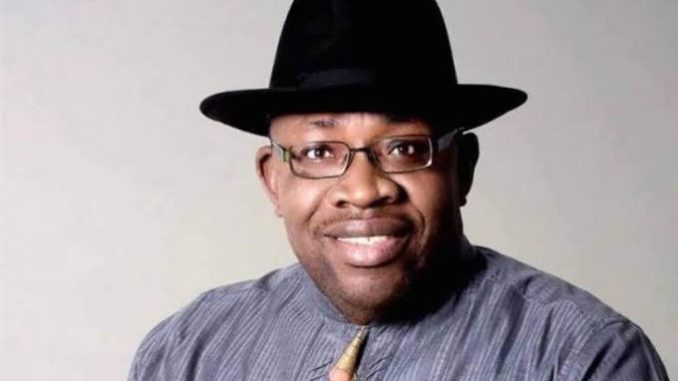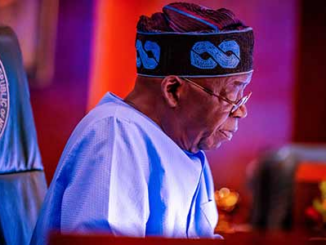
Bayelsa West Senator Seriake Dickson says members of the upper chamber supporting the tax reform bills proposed by President Bola Tinubu will resist any intimidation by the bills’ critics during the public hearing.
Mr Dickson, a former governor of Bayelsa State, stated this while addressing journalists at the National Assembly on Monday.
“Forget about uproar, there will be no uproar. Public hearing is an opportunity for people to present their matters, and nobody is going to be intimidated by uproar,” the senator said.
The four tax reform bills passed second reading at the Senate on Thursday. They were referred to the Senate Committee on Finance chaired by Niger East Senator, Sani Musa, for further legislative action, including holding a public hearing. The Senate President, Godswill Akpabio, also directed the committee to involve the National Economic Council (NEC), Nigerian Governors’ Forum (NGF) and Civil Society Organisations in the public hearing.
However, the committee in charge has not fixed a date for the public hearing.
The bills are the Joint Revenue Board of Nigeria (Establishment) Bill, 2024 -SB.583; the Nigeria Revenue Service (Establishment) Bill, 2024- SB.584; the Nigeria Tax Administration Bill, 2024-SB.585; and the Nigeria Tax Bill, 2024 – SB.586.
Some Nigerians have criticised the bills, claiming that they favour some parts of the country against other parts.
The Northern Governors Forum, during a meeting in October, stated that some aspects of the bills, particularly the VAT components, are against the interests of the region. Consequently, they directed their lawmakers in the National Assembly to reject the bills.
Also, the National Economic Council (NEC), which comprises the state governors and others and statutorily chaired by Vice President Kashim Shettima, also urged the president to withdraw the bills from the National Assembly for further consultations. The president insisted that any differences should be resolved in parliament.
However, experts have said majority of those criticising the bills have not read their provisions and were only amplifying falsehoods being circulated by uninformed interest groups.
In his submission, Mr Dickson, a PDP senator, said he supported the bills’ provisions because they are in the country’s interest.
He argued that if the National Assembly could pass the Petroleum Industry Act (PIA) prescribing three per cent statutory for host communities despite several criticisms from the people of Niger Delta region, that of the tax reform bills won’t be an exception.
“The PIA was passed. We wanted 10 per cent, which was what Yar’adua proposed. They (federal lawmakers) reduced it to three per cent. Heaven did not fall. This tax reform bills will pass and heavens will not fall,” he said.
Mr Dickson said he is supporting the tax reform bills essentially because of the sharing formula of Value-Added Tax which prescribed that every consumption within the state will be paid to the state.
“The tax bill is a law like every other law and it has to go through the normal legislative process. Right now, taxes from Bayelsa State are paid to Lagos State and I don’t want that to continue. When there is consumption of any goods or services from any state it should be calculated and paid to that state.
“Now there is an opportunity to review the tax laws, to correct the anomalies and that’s why I’m in support,” he added
The senator urged those opposing the bills to present their positions during the public hearing.
“I know there are states that are feeling that when they apply the new sharing formula, they will earn less. It is for them to raise those issues and bring the statistics. I don’t go by sentiments. I go by what is right and in the national interest.”
While the bills have passed a second reading in the Senate and been sent to the finance committee, the House of Representatives is expected to commence legislative work on them on Tuesday.
The two chambers may organise separate or joint public hearings on the bills.
After the public hearing, the committees will present the resolutions and recommendations to the Senate and the House for approval.
The lawmakers will make a final decision on the bills at the Committee of the Whole where the clauses of the bills will be debated and considered.



